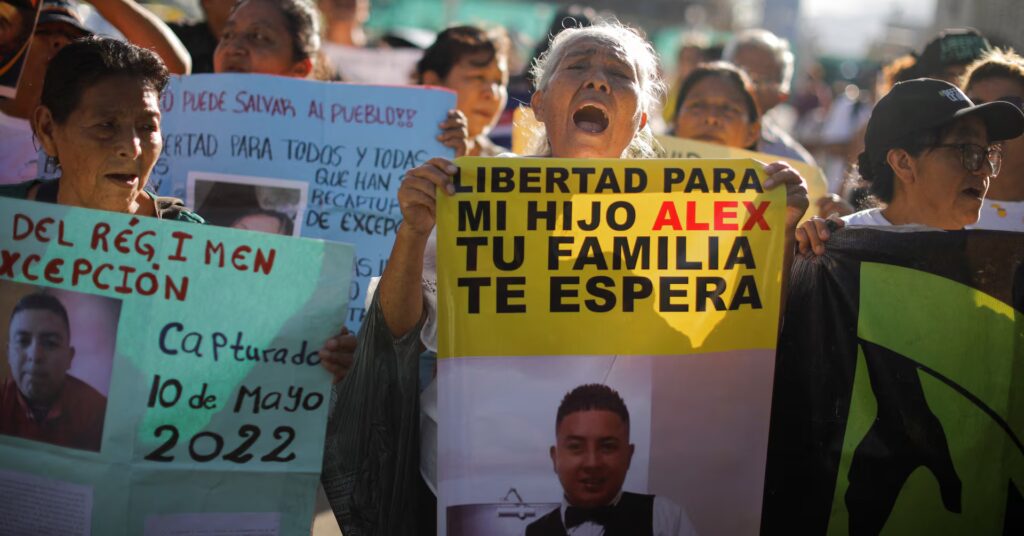A prominent human rights and anti-corruption organization in El Salvador, Cristosal, has suspended its in-country operations and relocated its staff abroad due to escalating threats from the government. The move comes amid an intensifying crackdown on civil society under President Nayib Bukele’s administration, which critics accuse of using the justice system to target dissenters and suppress independent voices.
Cristosal, which has worked in El Salvador for over two decades, announced that continuing its work within the country had become untenable. The organization stated that the risk of criminal persecution and the lack of judicial impartiality left no viable option but to operate from exile. Despite relocating, Cristosal affirmed that it would persist in its mission to document and report on human rights violations, government overreach, and corruption from outside El Salvador.
One of Cristosal’s leading figures, Ruth Lopez, was arrested in May on what rights groups believe are politically motivated charges. Lopez, known for her work defending deportees and investigating public corruption, remains in detention. Her arrest sparked outrage from international human rights bodies, who view it as part of a broader pattern of repression.
President Bukele’s administration has enacted policies that many see as aimed at silencing NGOs and independent media. In May, a new law was introduced requiring all non-governmental organizations receiving foreign funding to register with the government and pay additional taxes, a move widely interpreted as a means of stifling critical voices.
Since 2022, El Salvador has been under a state of emergency, which grants the government broad powers while suspending many civil liberties. Initially declared to combat rampant gang violence, the emergency measures have been continuously renewed. While the government touts a sharp drop in violent crime and credits its crackdown with dismantling criminal networks, rights defenders argue that these gains have come at the expense of democracy and rule of law.
Thousands of individuals have been detained during this period, often without formal charges or legal recourse, in overcrowded and deteriorating prison conditions. Reports have emerged detailing abuse, arbitrary arrests, and denial of legal representation. Dissent is increasingly criminalized, and those who speak out risk harassment, arrest, or forced exile.
The pressure has not been limited to NGOs. In 2023, the investigative media outlet El Faro also moved parts of its operations out of El Salvador, citing legal threats and surveillance. Although its journalists continue to report from within the country, its administrative and legal functions now operate from abroad to shield staff from state retaliation.
Cristosal described the current climate in El Salvador as one where expressing opinions or asserting fundamental rights could lead to imprisonment. The organization warned that under the ongoing state of emergency and with nearly every institution under executive control, the country has drifted away from being a true democracy grounded in legal protections.
As international concern grows, critics of the government urge the global community to hold El Salvador accountable and support efforts to protect civil society actors now forced to continue their work in exile.

